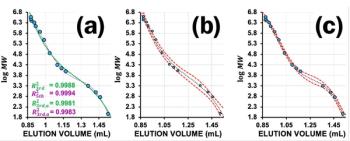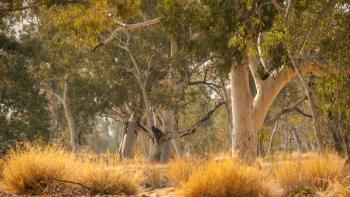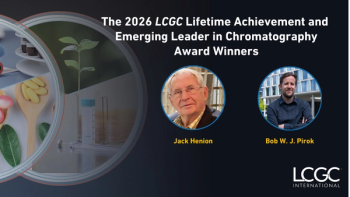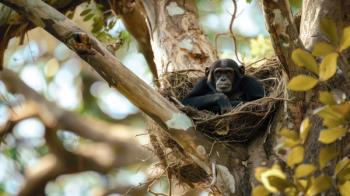
Wednesday Afternoon ASMS Workshops
This afternoon in the ASMS 2020 Reboot event, seven workshops will be held, on ion-mobility mass spectrometry, building connections between primarily undergraduate institutions and R1 (doctoral) institutions, data-independent acquisition, multi-attribute methods, photoionization, the international lipidomics society, and top-down proteomics.
This afternoon in the ASMS 2020 Reboot event, seven workshops will be held, on ion-mobility mass spectrometry, building connections between primarily undergraduate institutions and R1 (doctoral) institutions, data-independent acquisition, multi-attribute methods, photoionization, the international lipidomics society, and top-down proteomics. All sessions will be held from 12:00 to 1:30 pm CDT, and are as follows:
- IM-MS technology in the Industry-Barriers and Opportunities. Presided by Jakub Ujma, Ian Webb, and Kelly Hines. Following short (5 min) presentations, this session will take the form of a panel discussion. This discussion will uncover issues that currently impede wider adoption of ion-mobility mass spectrometry (IM-MS), such as cost, the complexity of underlying physical phenomena, instrument ease-of-use, performance as well as challenges related to available software packages and data analysis.
- Building PUI / R1 Connections: A Win-Win for Both. Presiders will be Jay Forsythe and Kate Stumpo. This workshop will provide networking opportunities for faculty at primarily undergraduate (PUI) institutions and faculty at PhD-granting (R1) institutions.
- Data Independent Acquisition: Quo Vadis? Presiders will be Birgit Schilling and Florian Meier. In this workshop, experts in the field of data independent acquisition (DIA) will discuss technological and software innovations, as well as promising biological and medical applications. The open format should engage discussions about unique challenges as well as opportunities for future developments.
- New Aspects in the Development of Multi-Attribute Methods (MAMs). Presided by Hao Zhang, Rich Rogers, and Da Ren. In the past of decade, the capability of liquid chromatography (LC)–mass spectrometry (MS)–based multi-attribute methods (MAMs) has been successfully demonstrated for replacing traditional chromatographic and electrophoretic testing methods for monitoring both product and process quality attributes of biopharmacueitcals (Rogers et al., AAPS J., 2017). This biotherapeutic interest group workshop offers a forum for members to share and discuss those new aspects in the development of MAMs.
- Photoionization-Between Vacuum and Atmospheric Pressure. Presiders are Matthias Lorenz, Luke Hanley, and Sven Ehlert. Two experts in the areas of vacuum and atmospheric pressure photoionization will introduce their respective work to illustrate the diversity of techniques that are combined under the topic of photoionization mass spectrometry. This year's workshop will offer a time for discussion of applications challenges.
- The Role of the International Lipidomics Society. Presiders will be Kim Ekroos and Michal Holcapek. This workshop aims to introduce the newly founded International Lipidomics Society (ILS) and discuss its role in the lipidomics and connecting communities. The workshop will be designed to introduce the ILS flagship that aims to foster international community-wide coordination and communication for the creation of lipidomics specific guidelines for good scientific practice.
- Top Down Proteomics and Top Down Mass Spectrometry: Adoption and Expanding Applications. Presided by Frederik Lermyte and Joe Cannon. This workshop will showcase talks from experts in both industry and academia in top-down mass spectrometry (MS) and top-down proteomics to propagate utilization of the technique across disciplines. The emphasis in this workshop will lie in education, practical instruction, and utilization of top-down proteomics and top-down MS, with the goal of constructive discussion for both novices and experts.
Newsletter
Join the global community of analytical scientists who trust LCGC for insights on the latest techniques, trends, and expert solutions in chromatography.




